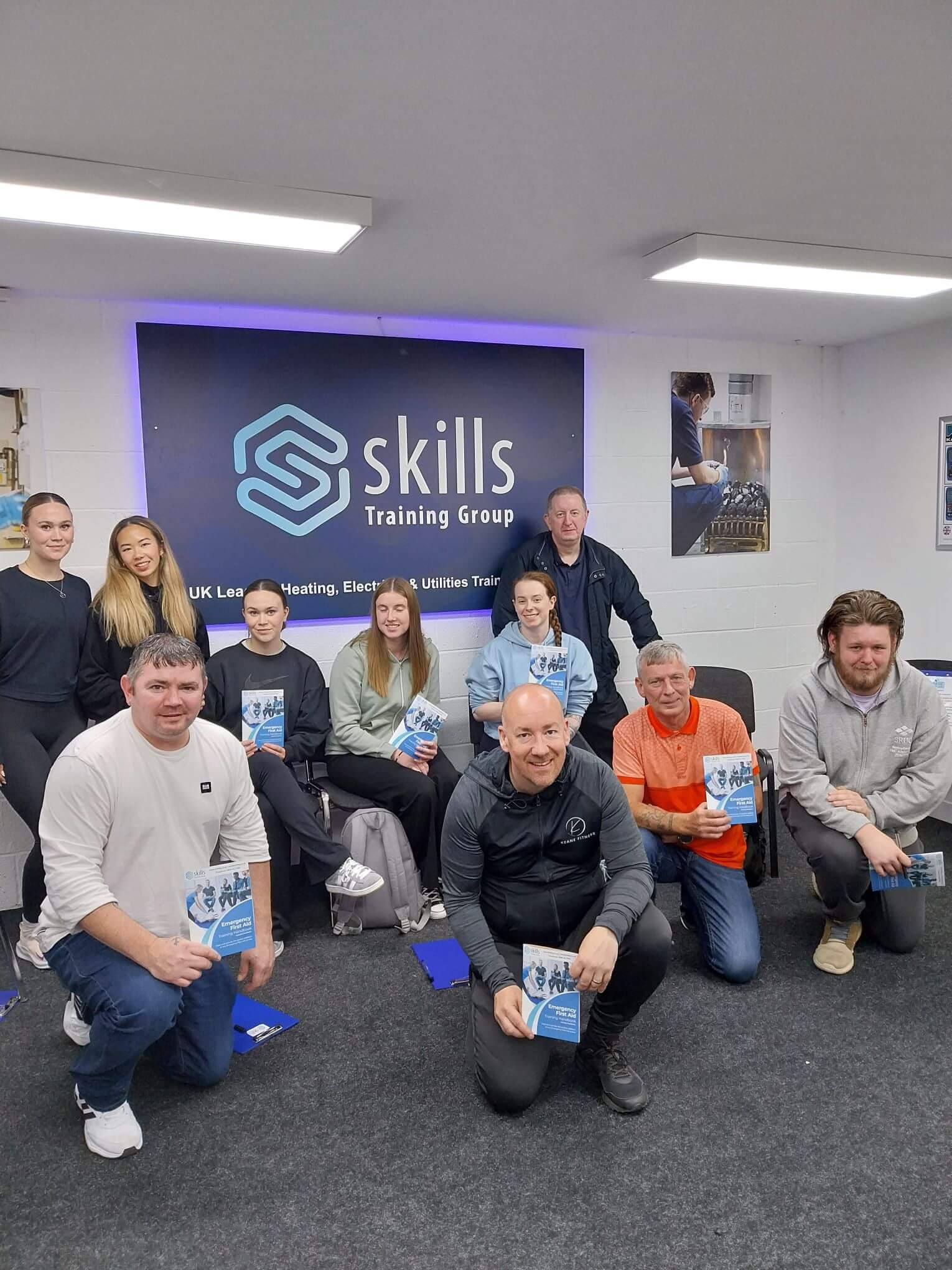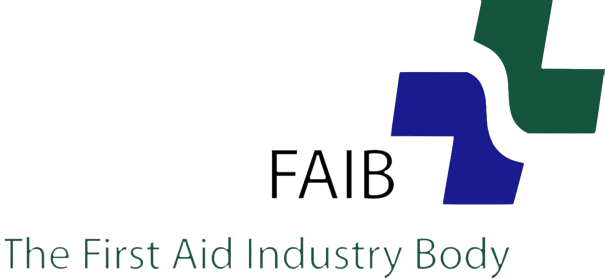Emergency First Aid at Work Courses provide the basics for handling incidents such as head injuries, asthma attacks, and anaphylactic shock. These one-day courses are ideal for schools looking to cover the essentials quickly while equipping staff with practical skills to manage emergencies effectively.


The First Aid Industry Body (FAIB) is a UK-based organisation that provides accreditation and quality assurance for first aid training providers. Established as an alternative to the Health and Safety Executive (HSE) following changes to first aid regulations, the FAIB ensures that training providers meet high standards in delivering first aid courses. It helps organisations comply with workplace health and safety requirements and promotes best practices in first aid education.

The Federation of First Aid Training Organisations (FOFATO) is a UK-based association that represents a wide network of first aid training providers across the country and parts of Europe. Established to uphold high standards in first aid education, FOFATO offers guidance, support, and resources to training organisations and individual trainers. The federation ensures its members meet rigorous quality standards through a robust due diligence process, helping maintain credibility and trust. It also serves as a resource for first aid and health and safety-related issues, supporting the professional development of its members.
Emergency First Aid at Work Courses provide the basics for handling incidents such as head injuries, asthma attacks, and anaphylactic shock. These one-day courses are ideal for schools looking to cover the essentials quickly while equipping staff with practical skills to manage emergencies effectively. Paediatric first aid is particularly important for schools with younger children, including those in the Early Years Foundation Stage. These courses cover essential techniques such as the recovery position, CPR for young children, and managing common medical emergencies. Schools can choose between Emergency Paediatric First Aid and FULL Paediatric First Aid, depending on the minimum requirements for their age groups and environment. Designed to meet workplace first aid requirements, these courses address the unique challenges of the school environment. Topics such as risk assessment, first aid kits, and managing health conditions in staff and students are covered. First aid at work requalification options ensure that qualifications remain up-to-date, meeting legal standards. For schools seeking a comprehensive yet flexible solution, Emergency First Aid at Work (EFAW) courses with a paediatric element offer the perfect balance. This tailored option equips school staff with the essential skills to manage workplace emergencies while addressing the unique needs of young children. The course covers core topics such as CPR, managing head injuries, and using first aid kits, alongside specific paediatric-focused training to handle incidents involving younger pupils. EFAW with a paediatric element ensures that staff are fully prepared to meet the diverse needs of a school environment, making it an ideal choice for schools with both older students and Early Years Foundation Stage children. This one-day course is both practical and cost-effective, meeting the legal requirements for first aid provision in schools.Types of First Aid Training Courses for Schools
1. Emergency First Aid
2. Paediatric First Aid Courses
3. First Aid at Work Courses
4. Emergency First Aid at Work (EFAW) with a Paediatric Element
We understand that time is of the essence, which is why we offer flexible scheduling options to accommodate your busy schedule. Whether you are looking to train a small group or an entire organisation, we can work with you to develop a customised training programme that meets your needs. We believe that first aid training is not just about meeting compliance requirements, but about saving lives. Our mission is to empower individuals and organisations with the knowledge and skills necessary to make a positive impact in their communities. Contact us today to learn more about our training programmes and how we can help you become a first responder